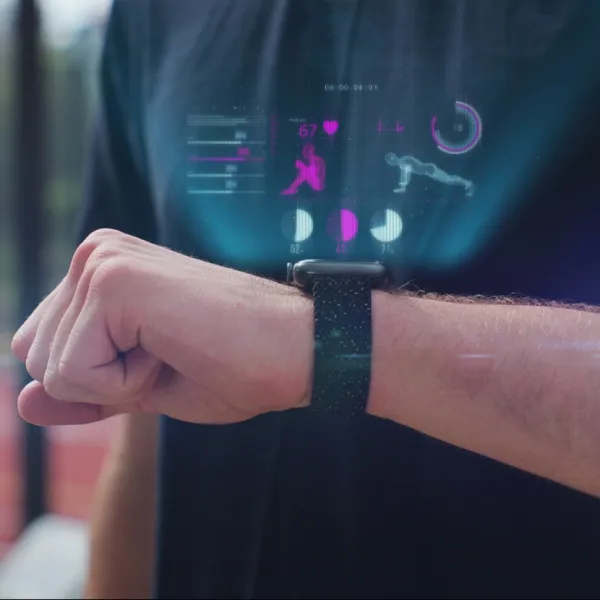Google Health & Stanford Medicine Launch Open-Access Dermatology Image Data Set

Moreover, it serves as a crucial educational asset, offering medical students diverse examples of skin conditions and their manifestations across different skin types.
In collaboration with Stanford Medicine, Google Health has unveiled an open-access data set comprising real-world dermatology images, aiming to enhance research and diagnostic capabilities in dermatological health significantly.
The Skin Condition Image Network (SCIN) project saw the participation of thousands of individuals who contributed images depicting various skin, hair, and nail conditions.
This extensive dataset reflects a broad spectrum of skin tones, ages, settings, and severities of conditions. Dermatologists and research teams meticulously identified diagnoses for each image, further categorizing them based on two distinct skin-tone scales.
According to Google Health, this initiative is poised to revolutionize the field of dermatology by providing scientists and medical professionals with invaluable resources to develop advanced diagnostic tools and conduct in-depth research.
Moreover, it serves as a crucial educational asset, offering medical students diverse examples of skin conditions and their manifestations across different skin types.
Bringing AI into the Mainstream
The significance of SCIN was underscored during Google Health's annual Check Up event held in New York City.
Karen DeSalvo, MD & chief health officer, Google, emphasized the pivotal role of artificial intelligence (AI) in healthcare. She highlighted that while AI is a powerful tool, it should complement rather than replace human expertise.
"We must remember that AI is just a tool, and at the end of the day, health is human," Dr DeSalvo noted.
In tandem with its AI-driven initiatives, Google has rolled out features to enhance accessibility to healthcare information. The introduction of a new feature in Google Lens enables users to capture images of skin conditions and access visually similar matches from reputable sources.
Additionally, Google collaborated with the World Health Organization to integrate authoritative information on health conditions into its search function.
Ivor Horn, MD & chief health equity officer, Google, reiterated Google's adherence to responsible AI development. Dr Horn emphasized the imperative of inclusivity in AI training algorithms, stressing that AI models risk perpetuating biases without diverse and representative data.
According to Horn, "Without diverse, representative data, AI models can do more harm than good."
Empowering Healthcare Professionals
Further, recognizing the importance of addressing language barriers in healthcare, Google leveraged AI-driven tools to dub educational videos on healthcare topics at no cost.
This initiative aims to make vital healthcare information accessible to diverse communities, focusing on chronic conditions such as COPD and cancer.
Additionally, Google's aim for education extends to healthcare professionals, with the upcoming release of a new animation-style course on recognizing and addressing implicit bias in clinical practice.
This course, available in Spanish for free on the Stanford Medicine for Continuing Medical Education YouTube channel, underscores Google's dedication to empowering healthcare professionals worldwide.
With a focus on inclusivity, responsibility, and equity, these initiatives are poised to redefine the landscape of dermatological healthcare delivery and education globally.
Stay tuned for more such updates on Digital Health News





























